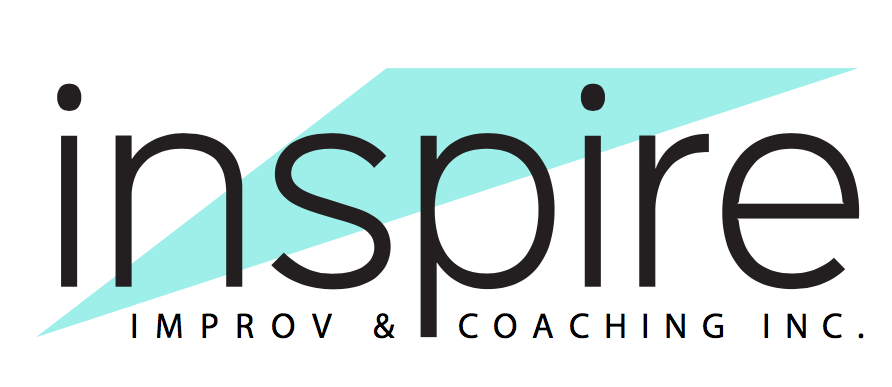Wait, I'm Supposed to Say "Yes" to Everything?!
The cultural change that I encourage companies to embrace is the “Yes and” mindset. This comes from the number one rule in improvisation, that you always say “Yes” to your partner’s ideas and then take it one step further, by adding on to it, therefore building something together that you would not have come up with individually. It goes against our natural tendencies to automatically say “No” to uncomfortable or unexpected ideas and opens us up to other possibilities.
The first question I get is, “But what if you KNOW that the idea won’t work?” This usually comes from a leader, someone who has wisdom and experience, someone who perhaps already tried that particular idea years ago and doesn’t want their team member wasting time, letting history repeat itself. This thought makes sense, so how do you keep that “Yes and” mindset in these situations?
Let’s start with some clarification. When performing improvisation on stage, no matter what, we abide by the “Yes and” rule. By practicing it, in a safe and supportive space, leaders and teams learn to put their tendency to say “No” aside, in the most extreme form. When we take this mindset back to the workplace, the intent is not to say “Yes and” to everything. The intent, is to let our minds (and hopefully, more often than not, our mouths) say “Yes” and consider that idea for a moment, instead of jumping straight to, “No, and this is why it won’t work.” I call this a Yes Loop.
In those situations, where your experience leads you to believe that an idea will not work, my suggestion is this: help them to get there too, in a collaborative way. Go down the road with them, say “Yes” by taking the time to walk through the idea fully. Get curious, ask questions and certainly let them know what occurred the last time you tried that idea.
You will not only allow them to learn by figuring out the answer with them, you’ve built trust and created a relationship where they will be more likely to continue to come to you with innovative ideas, knowing that you will be there to listen and consider, rather than jumping to “No”.
Who knows, you may be pleasantly surprised with a new aspect of the plan that no one thought of last time. It could be the key to making it work!
